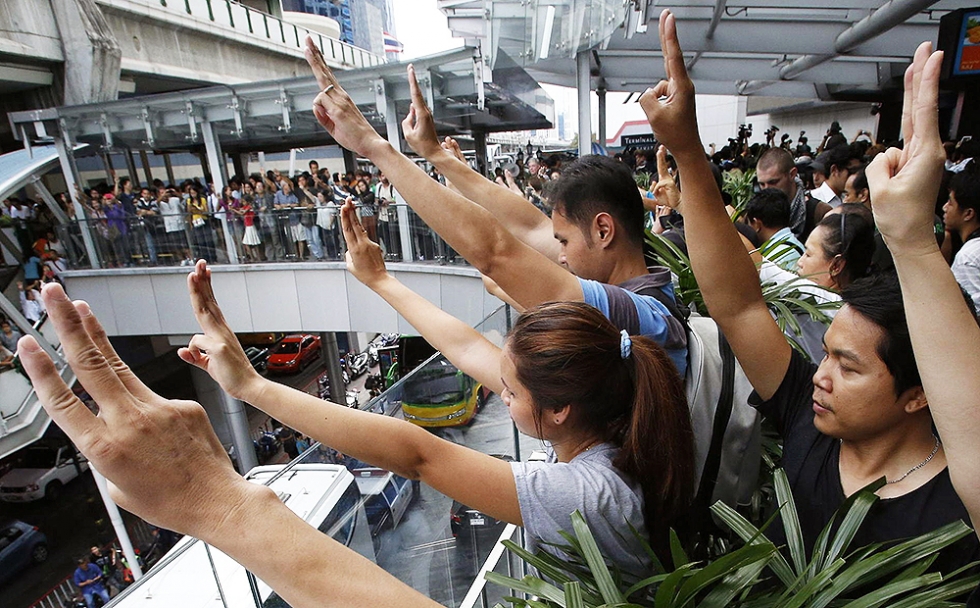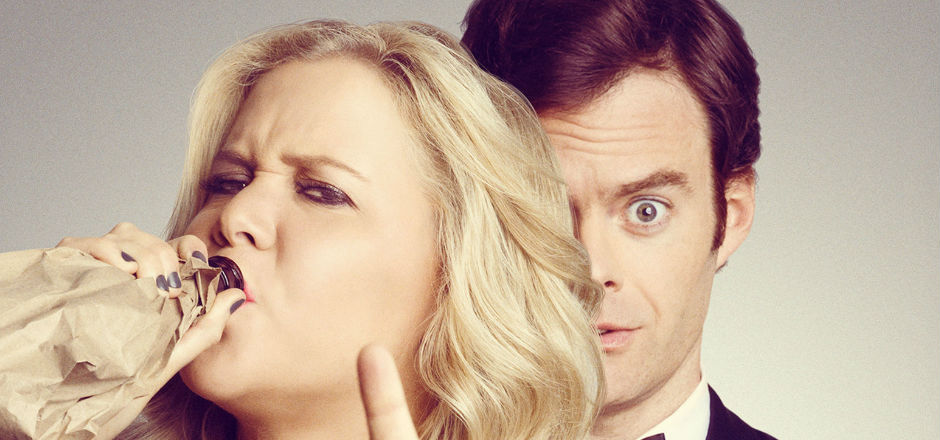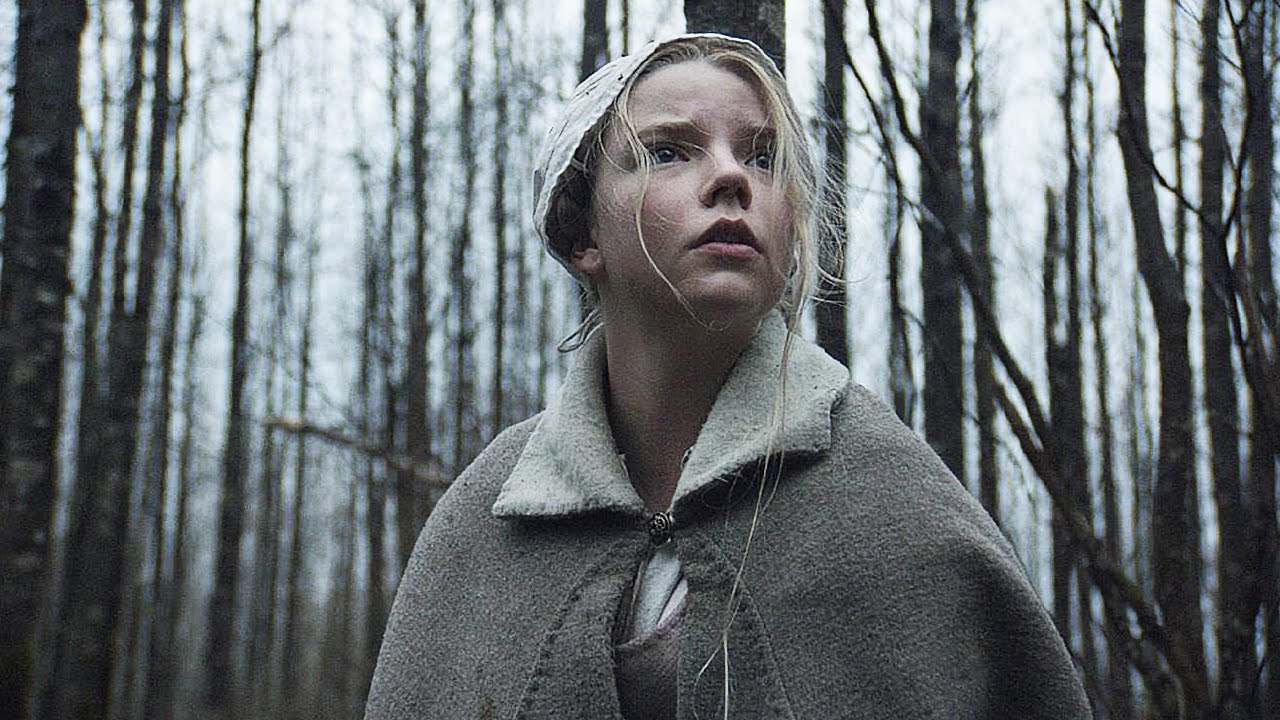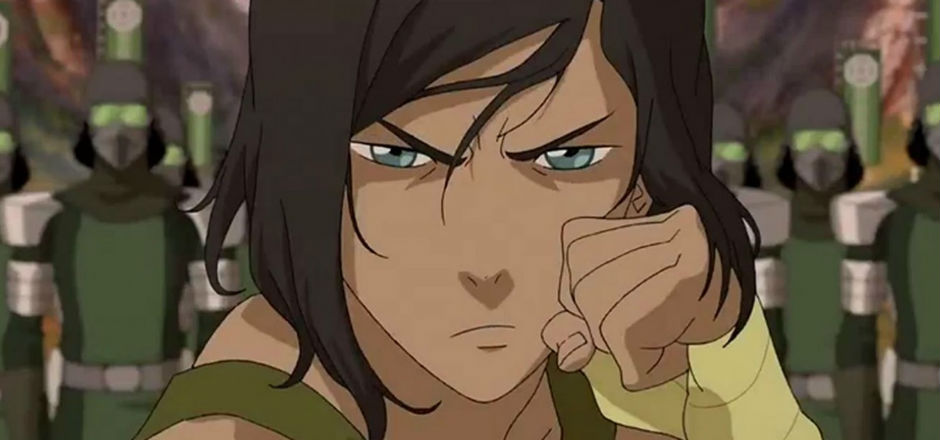[dropcaps]I[/dropcaps]f we burn, you burn with us!” Katniss Everdeen shouts at a camera in The Hunger Games: Mockingjay. Her message to their oppressive government in the Capitol — and a motto for her rebellion to adopt.
Stories about rebellions and revolutions aren’t new or even uncommon. Whether or not the popularity is new is up for debate, but the prevalence of stories based around rebellion in contemporary pop culture seem to be becoming more and more common. If the success of The Hunger Games is any indication, stories about rebellions have become increasingly popular recently; particular in media aimed at the young adult audience. Divergent, The Hunger Games, Harry Potter, Avatar: The Last Airbender, Eragon, even Star Wars. Is it media outlets tapping into teenagers’ need to rebel, a reflection of the real-world protests around the globe, or simply an exploitation of the ‘underdog’ trope? It’s most likely a combination of all three, but current events have certainly given the real-world implication cause for extra consideration.
Back in late November, the words “if we burn, you burn with us” were scrawled in graffiti on the walls of St. Louis only a couple days after the release of the Mockingjay movie into theaters across the nation. This not a case of coincidental word choice. The phrase was deliberately lifted from the film and applied by the Ferguson protesters to their cause.
Further comparisons between Ferguson and Katniss’s fictional rebellion have been drawn in the similarity between the Capitol’s “Peacekeepers” and the militarized police forces in St. Louis hoping to quell the protesters. They look eerily similar, and they have the exact same goal: to keep the protesters in line.
All this leads me to believe that love for this film may come from more than just a love for stories about underdogs overcoming all odds to succeed, though that’s certainly part of it. The little guy beating the big guy is the most popular kind of story. It’s David and Goliath, The Mighty Ducks, Rudy, even Lord of the Rings. No one would want to hear a story about a dark lord who vanquished the little band of heroes that tried to defeat him – just as no one would want a story about an empire that beats the rebels. A rebellion story is the ultimate form of the underdog story. The rebels rise against all odds to overthrow the evil empire.
[blocktext align=”left”]They look eerily similar, and they have the exact same goal: to keep the protesters in line.[/blocktext]Beyond that, the love for these stories comes from a need for the oppressed to rebel. Not in an angsty teenage way, but in the way the oppressed can overcome their oppressors. These stories speak to marginalized groups in an empathetic and relatable way that other stories – especially coming from Hollywood – simply don’t.
This doesn’t just apply to Ferguson protesters: Protestors in Thailand against the influence of a corrupt former prime minister used the series’ signature three finger salute, meant to portray resistance to authoritarian government.
Stories about rebellion didn’t just suddenly start getting popular recently; literature, films, and video games involving rebellions have been popular for a long time around the globe. Les Misérables – about the Paris Uprising of 1832 – has been a universally popular musical and book for decades, Star Wars is one of the most beloved film franchises of all time, and V from V for Vendetta is often seen as a symbol for rebellion in general (despite his moral ambiguity).
If it’s true that these rebellion stories are influencing the public, what does that say about us as the audience? Art imitates life just as much as life imitates art. Does a rise in the number of rebellion stories reflect an urge to rebel? With the use of symbols and phrases from Mockingjay in protests, this seems likely. Hollywood and other creators of media may also see that urge, and be tapping into it.
These two things are not mutually exclusive; they act as both cause and effect to each other. Hollywood gives viewers what they believe we want to see, and we’re influenced by media in our behaviors and interests. It’s a two-way street, so rebellion as a common plot point has no clear origin.
Current events worldwide are tumultuous to say the least, so these kinds of rebellion stories are probably going to stick around for a while. You can learn a lot about an era by the popular media of the time, and these stories will be especially telling for our culture. Obviously not everyone who watches and reads these stories wants to go overthrow the government, but their popularity is, I believe, indicative of a certain feeling. A feeling of uncertainty, fear, and a need for change.
Films, books, television, and video games are usually more than mindless drivel that we simply plop ourselves in front of to stare at for a few hour – they are both a reflection of our culture and an influence on it. For good, or for bad. Popular franchises like The Hunger Games can be so much more than just a series of books and movies. They’re also, for many people, a call to action. They inspire and ignite a passion for a cause. They give people the courage to do things they wouldn’t normally do, because when they see a character like Katniss onscreen making a difference they believe that they can, too.
Stories stop simply being stories when they influence the real world in this way. They transcend the page and screen, which is what makes stories like The Hunger Games series so special and enduring.
—
Joel Wallick is currently pursuing a degree in film studies at Bowling Green State University with a minor in creative writing. He has been gaming since early childhood, beginning with Pokemon Silver. Follow him on Twitter @SuperNerdJoel
The header image is from Reuters and is part of the South China Morning Post’s coverage of the protest of Thailand’s military coup.






